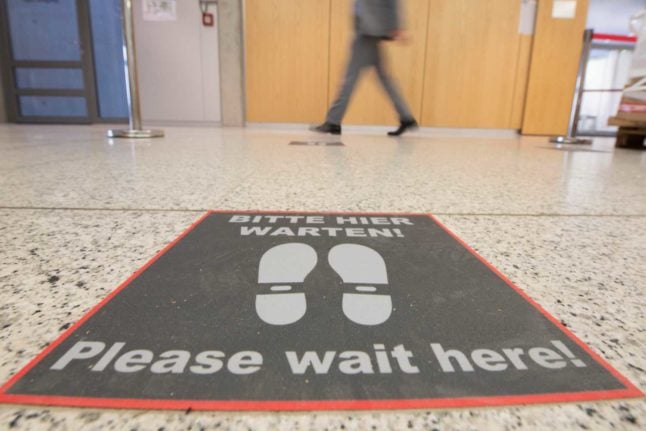Swiss Health Minister Alain Berset said on Wednesday that he did not expect the rejection of the AstraZeneca vaccine to have an impact on the country’s vaccine rollout.
“I think it does not affect the vaccination strategy” Berset said when he was asked about the impact of the decision on the country’s vaccine scheme.
Nora Kronig from the Federal Office of Public Health was even more certain that the decision would not result in delays, with Switzerland making deals with three further vaccine providers on Wednesday.
'Insufficient data': Switzerland declines to approve AstraZeneca vaccine
“We are reluctant to make predictions because that depends on various factors. What can be said is we are on track, with the new contracts we can achieve our goal by the end of summer.”
The Swiss regulatory authority Swissmedic said Wednesday that data submitted by AstraZeneca were not sufficient for it to authorise use of the Anglo-Swedish firm's Covid vaccine, saying “new studies” were needed.
The decision is not final, with the Swiss government instead saying more data on the safety, efficacy and quality of the vaccine is needed to make an accurate approval assessment.
“The data currently available do not point to a positive decision regarding benefits and risks,” Swissmedic said in a statement.
17 mn more doses
Switzerland, which kicked off vaccination against the deadly coronavirus in late December, meanwhile announced that it had signed three more contracts to acquire another 17 million vaccine doses.
The country of 8.5 million people said it had reached an agreement with Germany's Curevac, whose vaccine is in Phase 3 trials, and the Swedish government for the delivery of five million doses.
It said it had also signed a preliminary agreement with US firm Novavax for six million doses.
READ MORE: Why has Zurich's coronavirus vaccination plan been delayed?
These will add two new vaccines to the Swiss portfolio, if they are approved by regulators.
At the same time, the Swiss government had also signed a deal to acquire an additional six million doses of the Moderna vaccine, bringing the total number of those jabs available in Switzerland to 13.5 million.
In addition, the government has signed deals for access to around three million Pfizer-BioNTech doses and 5.3 million AstraZeneca doses.



 Please whitelist us to continue reading.
Please whitelist us to continue reading.
Member comments